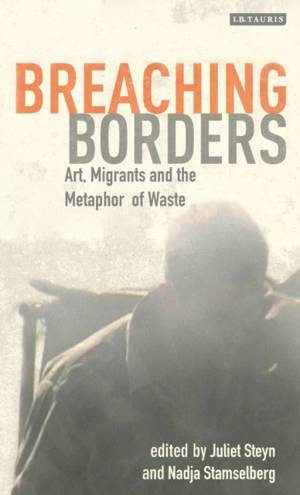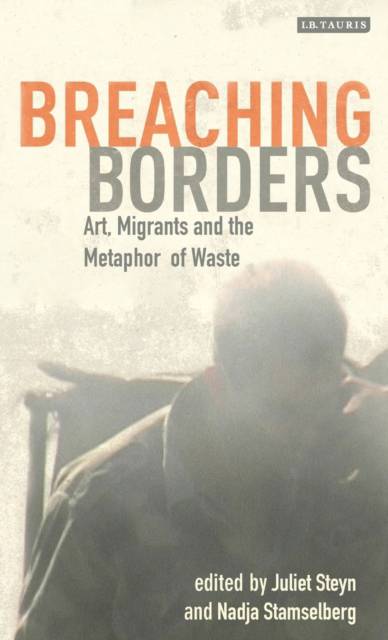
- Afhalen na 1 uur in een winkel met voorraad
- Gratis thuislevering in België vanaf € 30
- Ruim aanbod met 7 miljoen producten
- Afhalen na 1 uur in een winkel met voorraad
- Gratis thuislevering in België vanaf € 30
- Ruim aanbod met 7 miljoen producten
Breaching Borders
Art, Migrants and the Metaphor of Waste
Omschrijving
As migration is described as a problem, mobility is seen as a goal. In a 'Europe without Borders', a place that prides itself on multiculturalism while struggling with racism, two opposing paradigms characterise contemporary discussions surrounding migrants. Breaching Borders: Art, Migrants and the Metaphor of Waste aims to interrogate the familiar debates, evolving new textual and interdisciplinary approaches to European cultural policies and unmasking the assumptions of the essentialist identity politics that go undeclared at the borders of cultural discourse. Twelve leading figures in post-colonial and translation studies, political philosophy, art, radical aesthetics, policy-making and sociology, reflect on the political and cultural meanings of migration; their arguments framed by artworks that provide glimpses of cross-cultural encounters. Essays - including a meditation on "wasted lives" by internationally renowned academic Zygmunt Bauman - explore the challenges of migration, history and integration and attempt to develop radical new figurations of migrant identity, underlining the necessity of an imaginative reach towards "The Other".
This book brings together the roles of translation and of art in the central metaphor of waste - the trail of rubbish left behind by mechanisms of mobility; the excised narratives of wasted identities and people.
Specificaties
Betrokkenen
- Uitgeverij:
Inhoud
- Aantal bladzijden:
- 312
- Taal:
- Engels
- Reeks:
Eigenschappen
- Productcode (EAN):
- 9781780762593
- Verschijningsdatum:
- 25/06/2014
- Uitvoering:
- Hardcover
- Formaat:
- Genaaid
- Afmetingen:
- 140 mm x 216 mm
- Gewicht:
- 508 g

Alleen bij Standaard Boekhandel
Beoordelingen
We publiceren alleen reviews die voldoen aan de voorwaarden voor reviews. Bekijk onze voorwaarden voor reviews.







